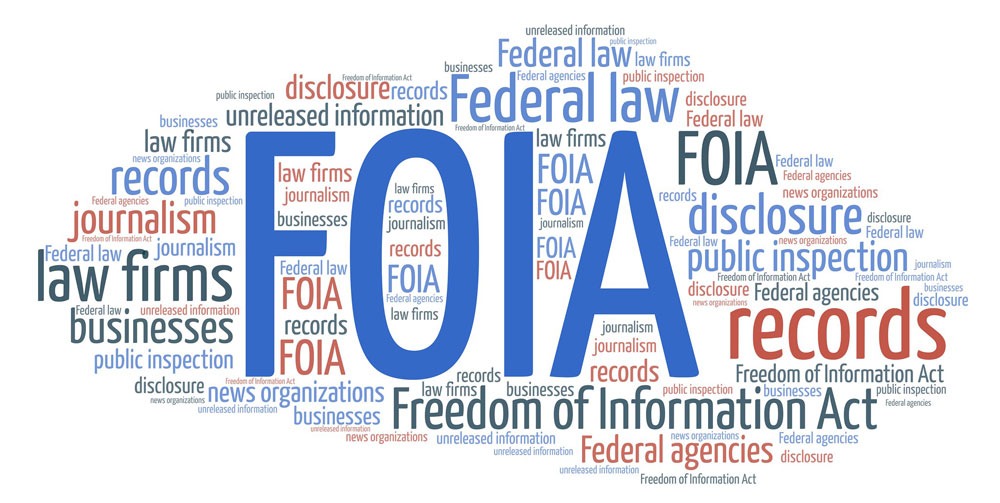
April 3, 2020; The Conversation
David Cuillier, associate professor of journalism of University of Arizona and president of the National Freedom of Information Coalition (NFOIC), issued a clarion call in late March urging “government branches and agencies to recommit to, and not retrench from, their duty to include the public in the policy-making process, including policies relating to COVID-19 as well as the routine ongoing functions of governance.” The coalition did so after noticing a troubling pattern as the novel coronavirus spread across the country and other parts of the world: an information lockdown.
Transparency and accountability are essential to protecting democracy and building trust in our government and other public institutions (e.g., public hospitals and universities). The need is amplified during times of crisis, when information is critical to life-saving decision-making and when there is a high risk of surreptitious efforts to curtail open government. As a result, the work of journalists and government watchdog organizations are as important as ever.
Repression of information, conflicting messages, misinformation, and outright falsehoods contribute to widespread speculation, anxiety, panic, and distrust, as Heidi J. Larson wrote for Nature in late March:
When governments or their leaders repress information in hope of calming anxious publics, or deliberately release supposedly reassuring misinformation, they risk undermining their own credibility and their abilities to help people to counter real health threats.
[…]
Sign up for our free newsletters
Subscribe to NPQ's newsletters to have our top stories delivered directly to your inbox.
By signing up, you agree to our privacy policy and terms of use, and to receive messages from NPQ and our partners.
This is a complicated landscape that is not just a matter of debunking a piece of misinformation. This is about relationships between publics and politicians, a lack of trust in the motives of governing powers and fears among leaders that the truth would spark public disorder and dissent. Advice to “Keep calm and carry on” can have exactly the opposite effect in the context of a fatal, and evolving, new virus.
Cuillier and the NFOIC share some examples of information lockdown as much of the world scrambled to contain and mitigate the spread of the new coronavirus. In an interview with National Public Radio’s Noel King, Jahmil Lacey described historically rooted lack of trust and pandemic-related misinformation as among the underlying causes of higher death rates from COVID-19 among Black people, along with health and racial disparities. And in a story about the various ways that local governments have sought to limit public access to information as a way to “triage” essential work, First Amendment Coalition’s David Snyder spoke with Politico’s Jeremy White about “an alarming level of what I can only characterize as abuse of the crisis to close off access where it really doesn’t need to be.”
Information is a critical piece of how we as a country and a world continue to mitigate the spread of the virus; provide life-saving health, economic, and social interventions for now and the future; and help our communities thrive without threatening our democracy. Ken Paulson, director of the Free Speech Center at Middle Tennessee State University, wrote an op-ed underscoring the importance of national and local papers and broadcasters in providing science-based expert analyses so that governments, communities and individuals can make critical decisions and halt the pandemic:
In the end, science will prevail in curbing this virus. The path to that victory can only emerge from true collaboration and collective sacrifice, fueled by a shared understanding of exactly what we’re up against. That can only come from the free flow of information.
Natural and human-made disasters, global pandemics, and other crises can be used by those in power to put a cloak over information, but such actions must be resisted, as they can put both lives and democracy at risk.—Yna Moore













